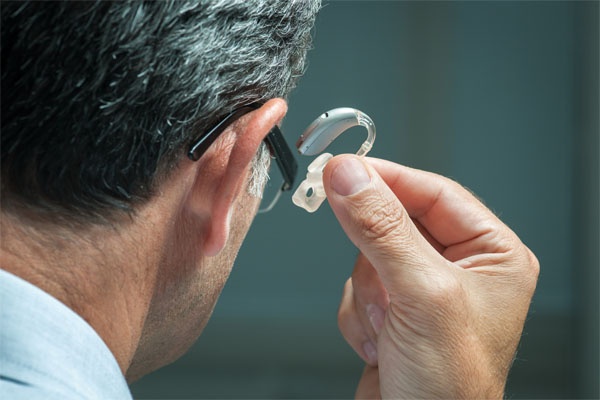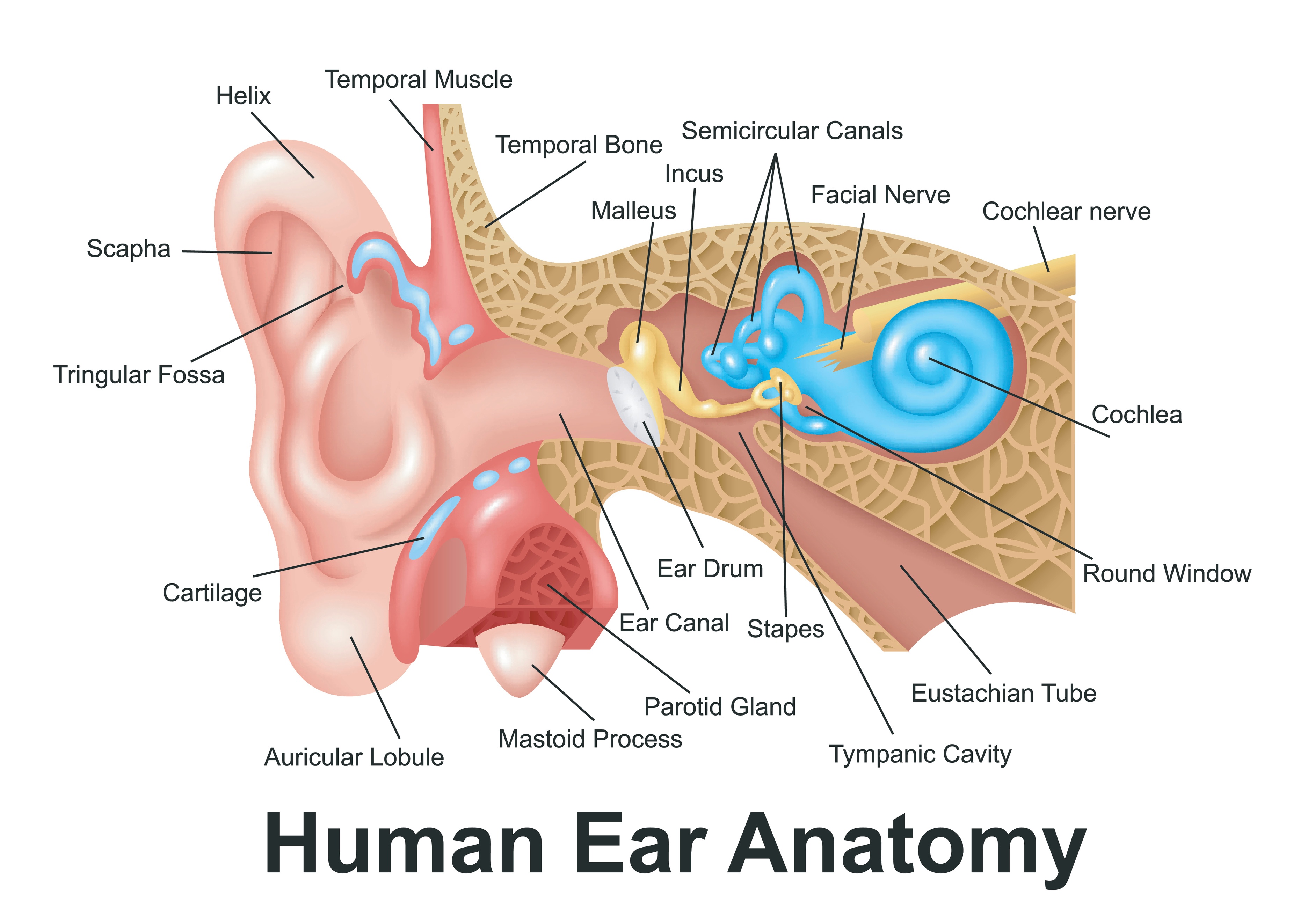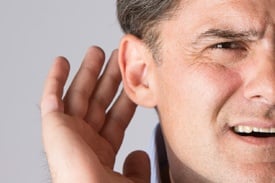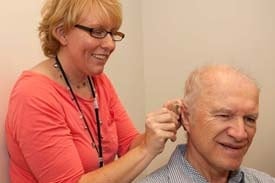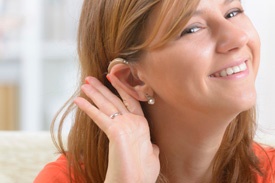Are My Hearing Aids Programmed Correctly?
Tags: Speech, Hearing Aid, Audiology, Hearing Aids, Communication, Hearing, Hard of Hearing
Barotrauma: Ear Pain During Airplane Flights
Barotrauma is the term used to describe the discomfort or injury caused by increased air pressure during airplane flights (or increased water pressure when scuba diving).
Tags: Audiology, Hearing, Hearing Loss Prevention, "ears", Ear Pain, Ear Anatomy
Diabetes and Hearing Loss
The number of people in the United States diagnosed with diabetes has risen to more than 50 percent in the last decade. If you’re one of the 30 million Americans with diabetes, take note!
Research indicates that people with diabetes are more than twice as likely to develop hearing loss compared to those without the disease. The rate of hearing loss is 30 percent higher for the 84 million adults in the U.S. who are prediabetic compared to those with normal blood glucose levels.
Tags: Audiology, Hearing, Hearing Loss, "ears"
Foods That Help Promote Healthy Hearing
Minerals are in the foods we eat and play a vital role in our overall health and proper body function. Many of us may be aware that calcium builds strong bones and teeth, and that zinc helps with boosting the immune system (think Cold-EEZE cold remedy). There are even some minerals that are critical elements for protecting your hearing health.
Tags: Audiology, Hearing, Hearing Loss Prevention, Hearing Loss, "tinnitus", "ears"
May is Better Hearing & Speech Month
Did you know…
- An estimated 40 million Americans experience speech, language, and/or hearing disorders.
- The second most common reason for special education services in public schools is speech/language impairment.
- 36 million American adults report so
Tags: Speech, Hearing Aid, Audiology, Language, Hearing Aids, Communication, Hearing, reading, literacy, Hearing Loss Prevention, Teens, Support, Caregiving, Hearing Loss, Stuttering, Learning, Voice, toddler, talking, Autism
Earbuds, Music and Your Teen
Today, with the popularity of earbuds and other personal listening devices, it’s hard to know if your child or teenager is listening to music at a safe level. Back in the day, when stereo speakers were common, it was easier for parents to know how loud their children were playing music.
Tags: Audiology, Hearing, Teens, Support, Hearing Loss, "tinnitus"
Why Are My Ears Ringing?
The medical term for the perception of sound when no external sound is present is tinnitus. It is often referred to as “ringing in the ears,” although some people may hear a hissing, roaring, whistling, chirping, or clicking sound. Tinnitus may be constant or intermittent and may occur in both ears or just one.
Tags: Hearing Aid, Audiology, Hearing Loss, "tinnitus"
Top 10 Tips to Adjust to New Hearing Aids
For most people, hearing loss occurs very gradually. The process of getting hearing aids, however, is not gradual. You walk into the audiologist's office, and a few minutes later you're hearing! It takes the brain time to get adjusted to the new sounds you'll be hearing through the hearing aids. To make the adjustment process a little easier, start with easy situations and work your way up to more difficult listening environments.
Tags: Hearing Aid, Audiology, Hearing Aids, Hearing, Hard of Hearing, Hearing Loss
Buying Hearing Aids: CHSC Audiologists vs. Online or Over the Counter
Cleveland Hearing & Speech Center audiologists are highly trained professionals. We have Doctoral and Master’s degrees in audiology and we have devoted our careers to helping you hear better. At CHSC, We believe that life is improved by successful communication. We are dedicated to helping people hear better so they can fully enjoy the people and activities that bring meaning to each day.
Tags: Hearing Aid, Audiology, Hearing Aids, Communication, Support, Hard of Hearing, Hearing Loss
Ordering Your Hearing Aids
Your Cleveland Hearing & Speech Center (CHSC) audiologist can place an order for your hearing aids. Before you can order a hearing aid, you must have your hearing tested. Once this testing is done, you should talk with your audiologist to decide which hearing aids are best for you, your hearing loss, and your lifestyle. Next, the audiologist will take an impression of your ear. During this process, she will put a putty-like material in your ear for about five to ten minutes. This material will harden to the shape of your ear so the hearing aid company can make your custom hearing aid.
Tags: Hearing Aid, Audiology, Hearing Aids, Hearing, Hearing Loss




